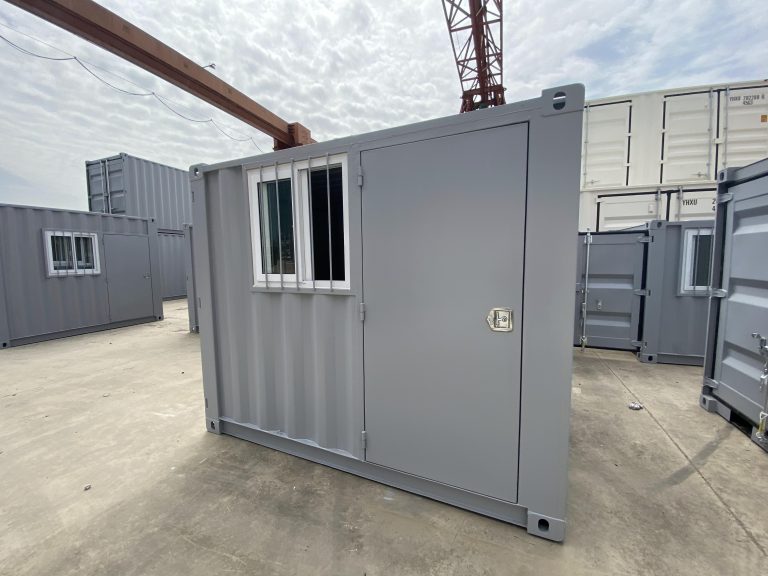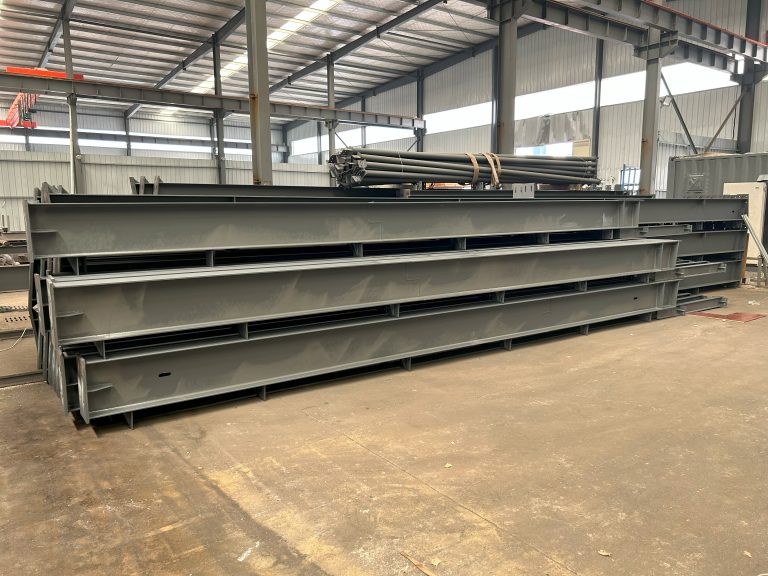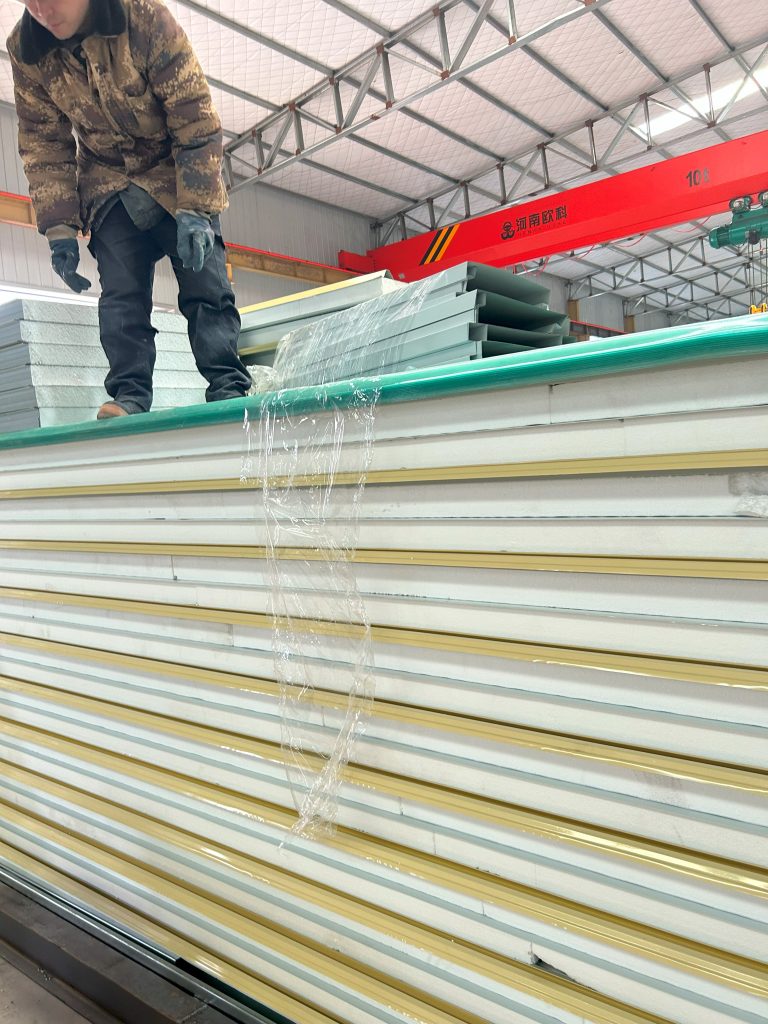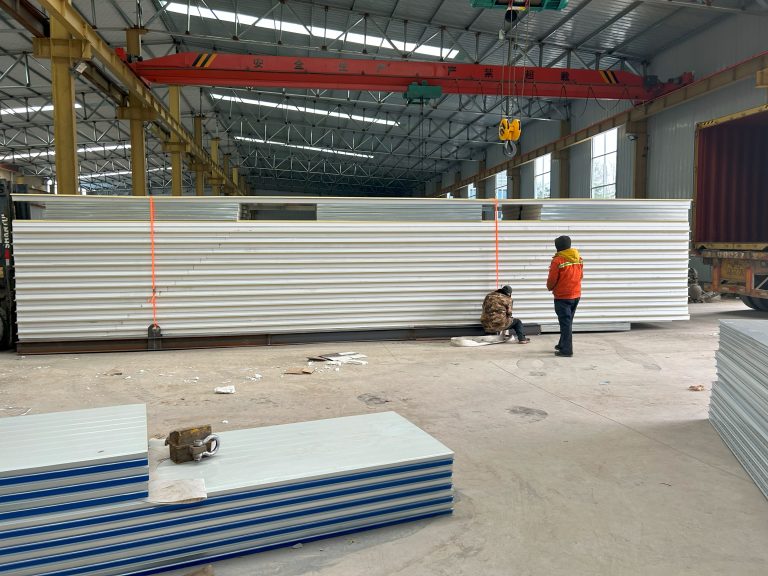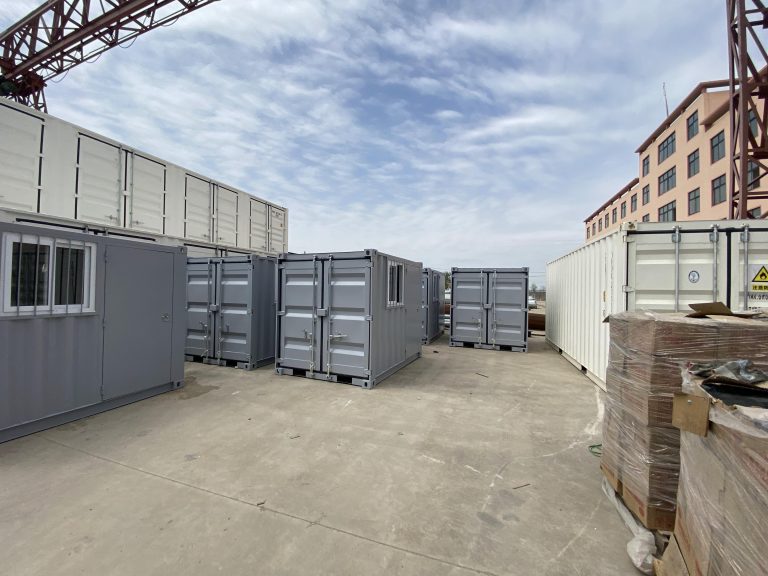Chicken Farm Building Biosecurity Measures
Table of Contents
Importance of Implementing Strict Biosecurity Protocols on Chicken Farms
Biosecurity measures are essential for maintaining the health and well-being of chickens on a farm. These measures help prevent the spread of diseases and pathogens that can devastate a flock and lead to significant economic losses for farmers. Implementing strict biosecurity protocols is crucial for ensuring the safety and health of the chickens, as well as protecting the overall integrity of the farm.
One of the most important biosecurity measures on a chicken farm is controlling access to the facility. Limiting who can enter the farm and ensuring that all visitors follow proper biosecurity protocols can help prevent the introduction of diseases and pathogens. Farmers should have designated entry points and require all visitors to wash their hands, wear protective clothing, and disinfect their footwear before entering the farm. This simple step can go a long way in preventing the spread of diseases.
In addition to controlling access to the farm, farmers should also implement strict sanitation practices. Keeping the farm clean and free of debris can help reduce the risk of disease transmission. Regularly cleaning and disinfecting equipment, housing facilities, and common areas can help prevent the buildup of pathogens and bacteria. Farmers should also properly dispose of waste and ensure that all feed and water sources are clean and free of contamination.
Another important biosecurity measure is monitoring the health of the flock. Regularly inspecting the chickens for signs of illness, such as decreased appetite, lethargy, or respiratory issues, can help farmers identify and address potential health problems before they spread. Farmers should also work with a veterinarian to develop a vaccination program to protect the flock from common diseases. By monitoring the health of the flock and implementing a vaccination program, farmers can help prevent the spread of diseases and keep their chickens healthy.
Properly managing the movement of chickens on the farm is also crucial for maintaining biosecurity. Farmers should limit the movement of chickens between different areas of the farm and avoid mixing flocks whenever possible. This can help prevent the spread of diseases between groups of chickens and reduce the risk of contamination. Farmers should also quarantine new birds before introducing them to the flock to ensure that they are healthy and free of disease.
Implementing biosecurity measures on a chicken farm requires a commitment to following strict protocols and procedures. Farmers should regularly review and update their biosecurity plan to ensure that it is effective and up to date. By implementing these measures, farmers can help protect the health and well-being of their chickens, as well as safeguard the overall integrity of the farm.
In conclusion, implementing strict biosecurity protocols on a chicken farm is essential for maintaining the health and well-being of the flock. Controlling access to the farm, practicing good sanitation, monitoring the health of the flock, and managing the movement of chickens are all important biosecurity measures that can help prevent the spread of diseases and pathogens. By following these protocols and working with a veterinarian to develop a comprehensive biosecurity plan, farmers can help protect their chickens and ensure the long-term success of their farm.
Best Practices for Maintaining Biosecurity in Chicken Farm Buildings
Biosecurity measures are essential for maintaining the health and well-being of chickens on a farm. By implementing proper biosecurity protocols, farmers can prevent the spread of diseases and ensure the overall productivity of their flock. One key aspect of biosecurity is maintaining a clean and secure chicken farm building.
To start, it is important to limit access to the chicken farm building to only essential personnel. This helps reduce the risk of introducing pathogens from outside sources. All visitors should be required to wear clean clothing and footwear, and should be asked to wash their hands before entering the building. Additionally, farmers should have designated areas for changing into farm-specific clothing and footwear to further prevent the spread of disease.
Regular cleaning and disinfection of the chicken farm building is crucial for maintaining biosecurity. Surfaces should be cleaned and disinfected regularly, especially in high-traffic areas such as entryways and feed storage areas. It is important to use disinfectants that are effective against common poultry pathogens, and to follow the manufacturer’s instructions for proper dilution and application.
Proper waste management is another important aspect of maintaining biosecurity in a chicken farm building. Manure and other waste should be removed from the building regularly to prevent the buildup of pathogens. Farmers should have a designated area for waste disposal that is located away from the chicken farm building to further reduce the risk of disease transmission.
In addition to cleaning and disinfection, farmers should also implement pest control measures to prevent the introduction of pests that can carry diseases. This may include sealing cracks and crevices in the building, using traps and baits, and implementing a regular pest control program. By keeping pests out of the chicken farm building, farmers can reduce the risk of disease transmission and ensure the health of their flock.
Proper ventilation is also important for maintaining biosecurity in a chicken farm building. Good ventilation helps reduce the buildup of moisture and ammonia, which can create an ideal environment for pathogens to thrive. Farmers should ensure that ventilation systems are functioning properly and that air quality is monitored regularly to prevent respiratory issues in the flock.

Lastly, farmers should implement a strict biosecurity protocol for anyone entering or leaving the chicken farm building. This may include requiring all personnel to change into farm-specific clothing and footwear before entering the building, and to wash their hands thoroughly before and after handling the chickens. Additionally, farmers should have designated entry and exit points to prevent cross-contamination between different areas of the farm.
In conclusion, maintaining biosecurity in a chicken farm building is essential for preventing the spread of diseases and ensuring the health of the flock. By implementing proper cleaning and disinfection protocols, managing waste effectively, controlling pests, ensuring good ventilation, and implementing strict biosecurity measures for personnel, farmers can reduce the risk of disease transmission and maintain a healthy and productive flock. By following these best practices, farmers can create a safe and secure environment for their chickens to thrive.

